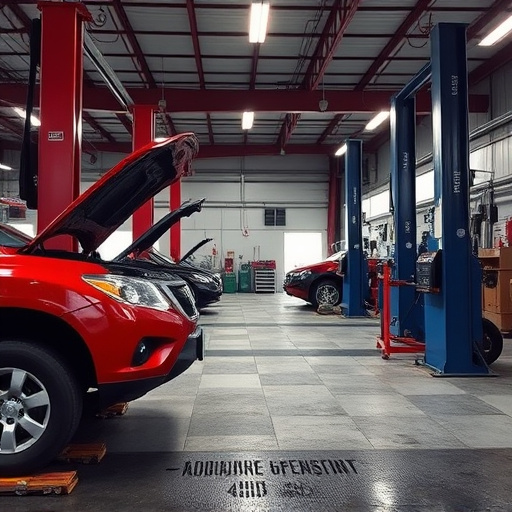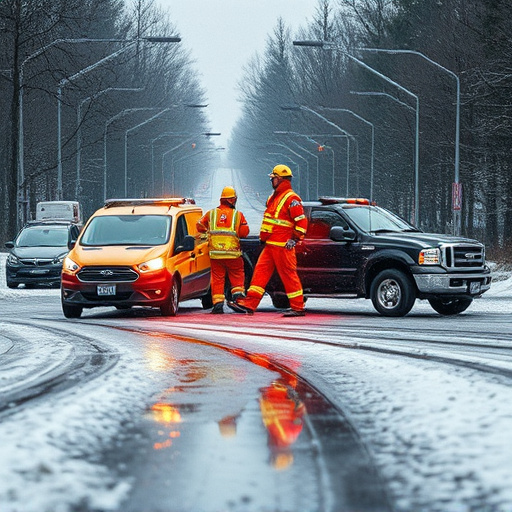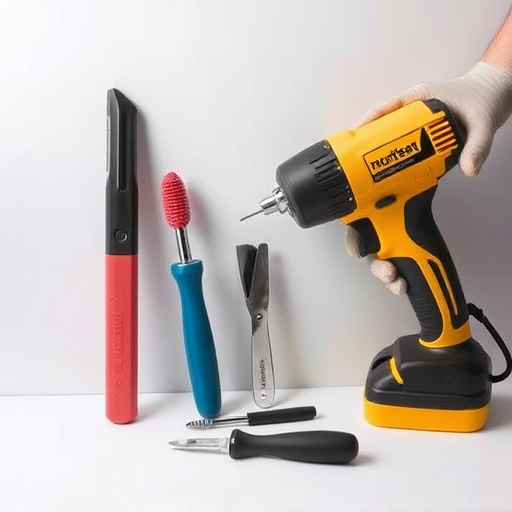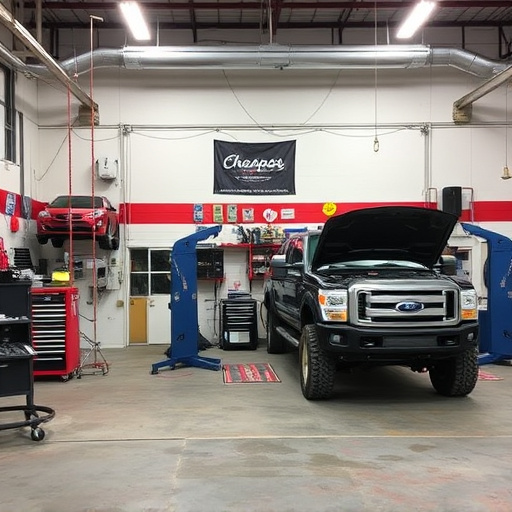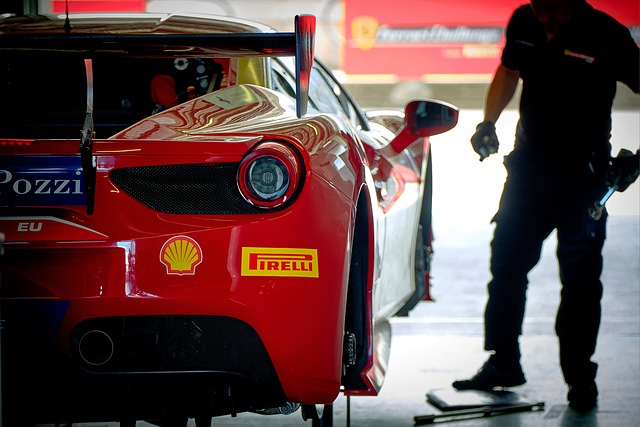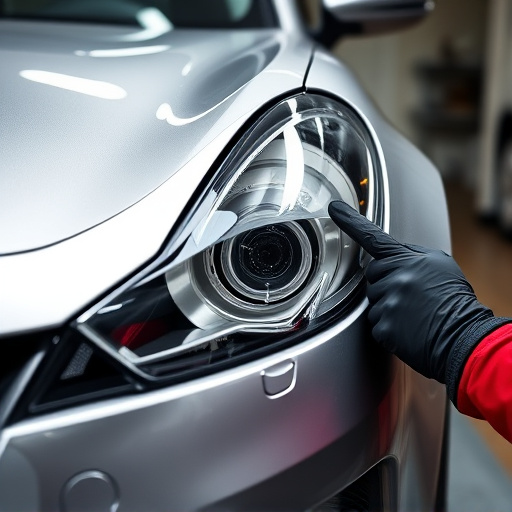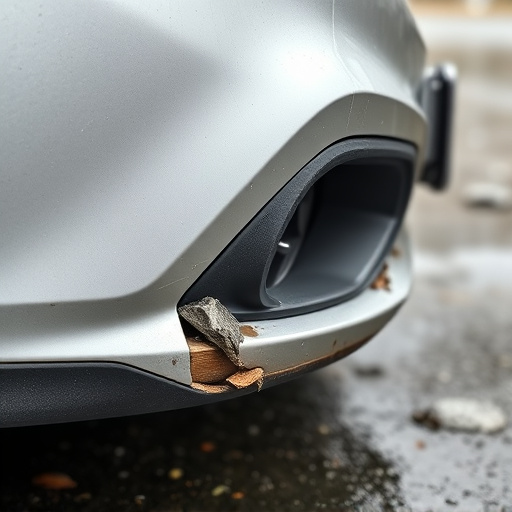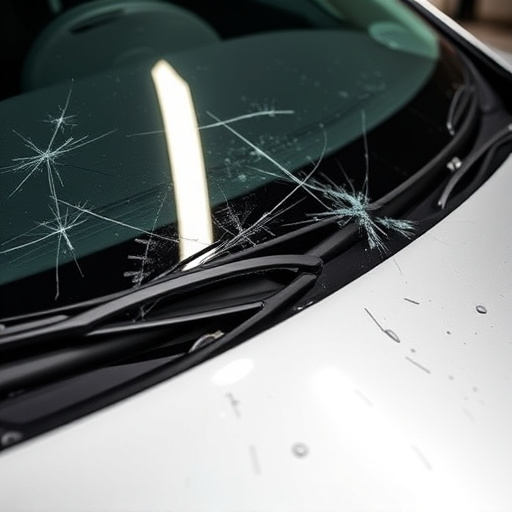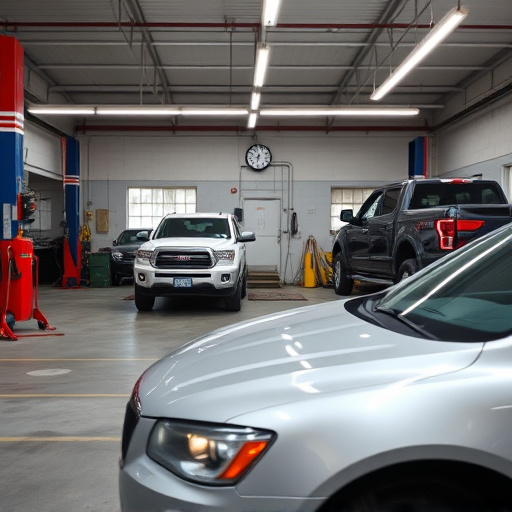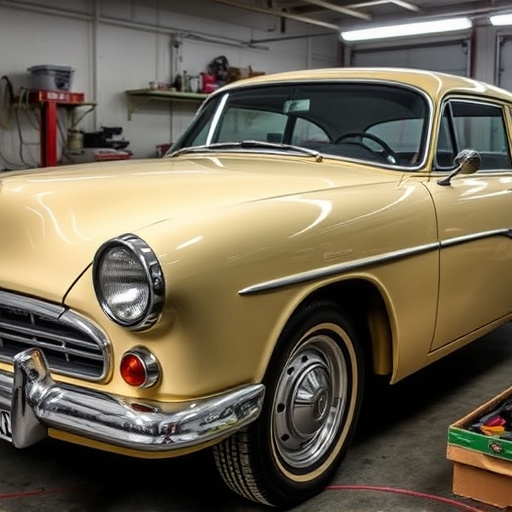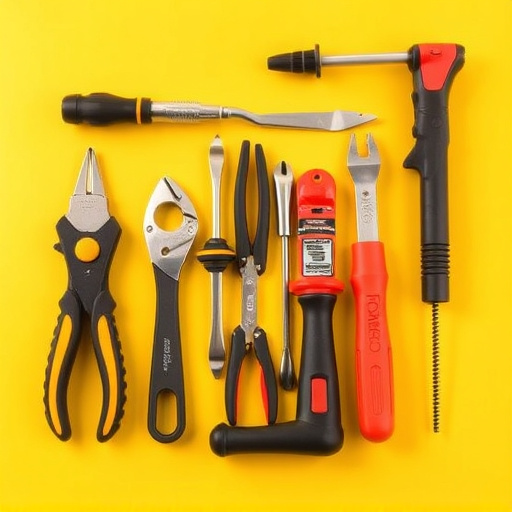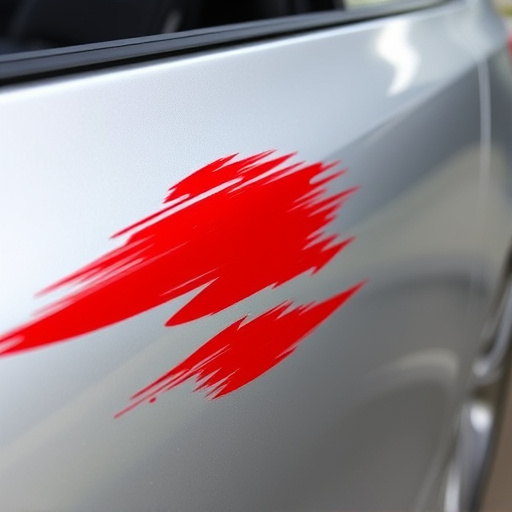Custom fabrication collision management involves proactive safety measures, advanced simulation, and rigorous testing to prevent hazards in intricate vehicle modifications like Mercedes Benz repair. Prioritizing structural integrity through meticulous material selection, including high-strength steels and composites, ensures components withstand extreme forces without compromising design or safety, ultimately delivering high-quality work while mitigating risks.
In the dynamic landscape of custom fabrication, ensuring safety and structural strength is paramount. This comprehensive guide delves into best practices designed to mitigate risks associated with custom fabrication collisions. From understanding inherent collision risks specific to unique designs to implementing rigorous safety protocols and selecting robust materials, each step ensures a secure and durable end product. Discover proven strategies for navigating the intricate world of custom fabrication collision safety and strength.
- Understanding Custom Fabrication Collision Risks
- Implementing Robust Safety Protocols and Training
- Ensuring Structural Integrity and Material Selection for Strength
Understanding Custom Fabrication Collision Risks

In the realm of custom fabrication, understanding collision risks is paramount to ensuring safety and structural integrity. Custom fabrication projects often involve creating unique components or structures that do not have established industry standards or pre-engineered solutions. This lack of standardization can lead to unforeseen collision hazards during assembly, installation, or operation. For instance, a custom vehicle body panel designed for an uncommon vehicle model may present challenges in aligning with existing components, increasing the risk of misalignment and potential failure upon impact.
Identifying these risks requires a thorough knowledge of material properties, design specifications, and potential loading scenarios. Auto collision centers specializing in fleet repair services recognize that each project is unique and necessitates tailored safety measures. By employing advanced simulation tools and conducting rigorous testing, these professionals can anticipate and mitigate collision-related issues before the final product leaves the workshop. This proactive approach ensures not only the strength and durability of custom fabricated components but also the safety of vehicles and personnel in their future applications, be it on the road or within industrial settings.
Implementing Robust Safety Protocols and Training
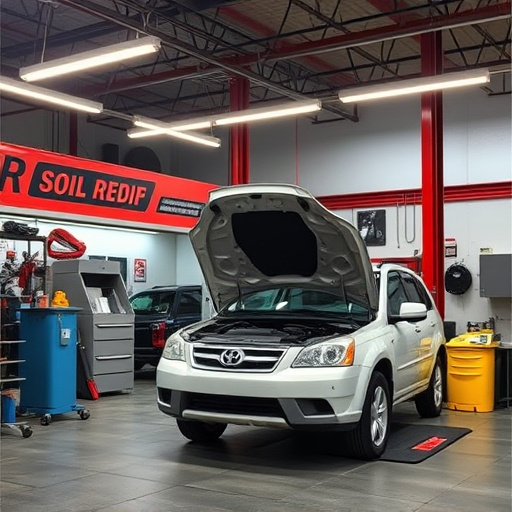
In the realm of custom fabrication, collision safety and structural strength are paramount to prevent accidents and ensure the longevity of vehicles undergoing intricate modifications, such as Mercedes Benz repair or automotive repair in general. Implementing robust safety protocols forms the bedrock of a comprehensive collision safety program. This involves setting up stringent guidelines for handling materials, operating machinery, and maintaining a safe work environment. Regular staff training sessions on these protocols are essential to ensure every team member understands their role in upholding safety standards.
Furthermore, specialized training in techniques like frame straightening is crucial for technicians working on custom fabrication projects. These skills not only enhance the structural integrity of vehicles but also contribute to the overall collision safety. By prioritizing safety and investing in continuous training, custom fabrication shops can deliver high-quality work while mitigating risks associated with complex vehicle modifications.
Ensuring Structural Integrity and Material Selection for Strength
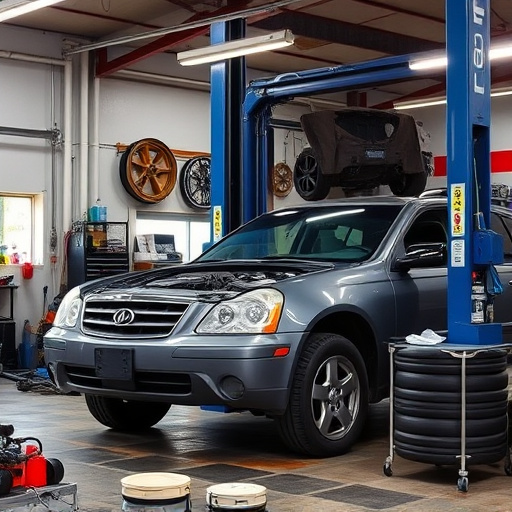
In custom fabrication, ensuring structural integrity is paramount to prevent failures and injuries during unexpected collisions. This involves meticulous material selection based on strength-to-weight ratios, corrosion resistance, and compatibility with existing structures. High-strength steels, advanced composites, and specialized alloys are often chosen for their ability to withstand extreme forces without compromising the overall design and safety of the final product. For instance, in automotive repair services or automotive collision repair, utilizing these materials helps restore vehicles to their pre-incident conditions, enhancing both performance and safety on the road.
Proper material selection is just one aspect of a comprehensive custom fabrication collision safety strategy. Understanding how different materials interact under stress and heat is crucial for designing robust joints and connections that can handle impact forces without failure. This knowledge guides engineers in creating innovative solutions tailored to specific client needs, ensuring that every component contributes to the overall strength and durability of the structure, be it for a car needing auto repair shop services or any other application requiring top-tier collision safety.
In conclusion, mastering custom fabrication collision safety and structural strength is paramount for any manufacturing enterprise. By understanding collision risks, implementing rigorous safety protocols, and strategically selecting materials, fabricators can ensure their processes are not only compliant but also enhance overall operational efficiency. Adhering to these best practices will ultimately foster a safer, more robust environment for both employees and equipment alike.
